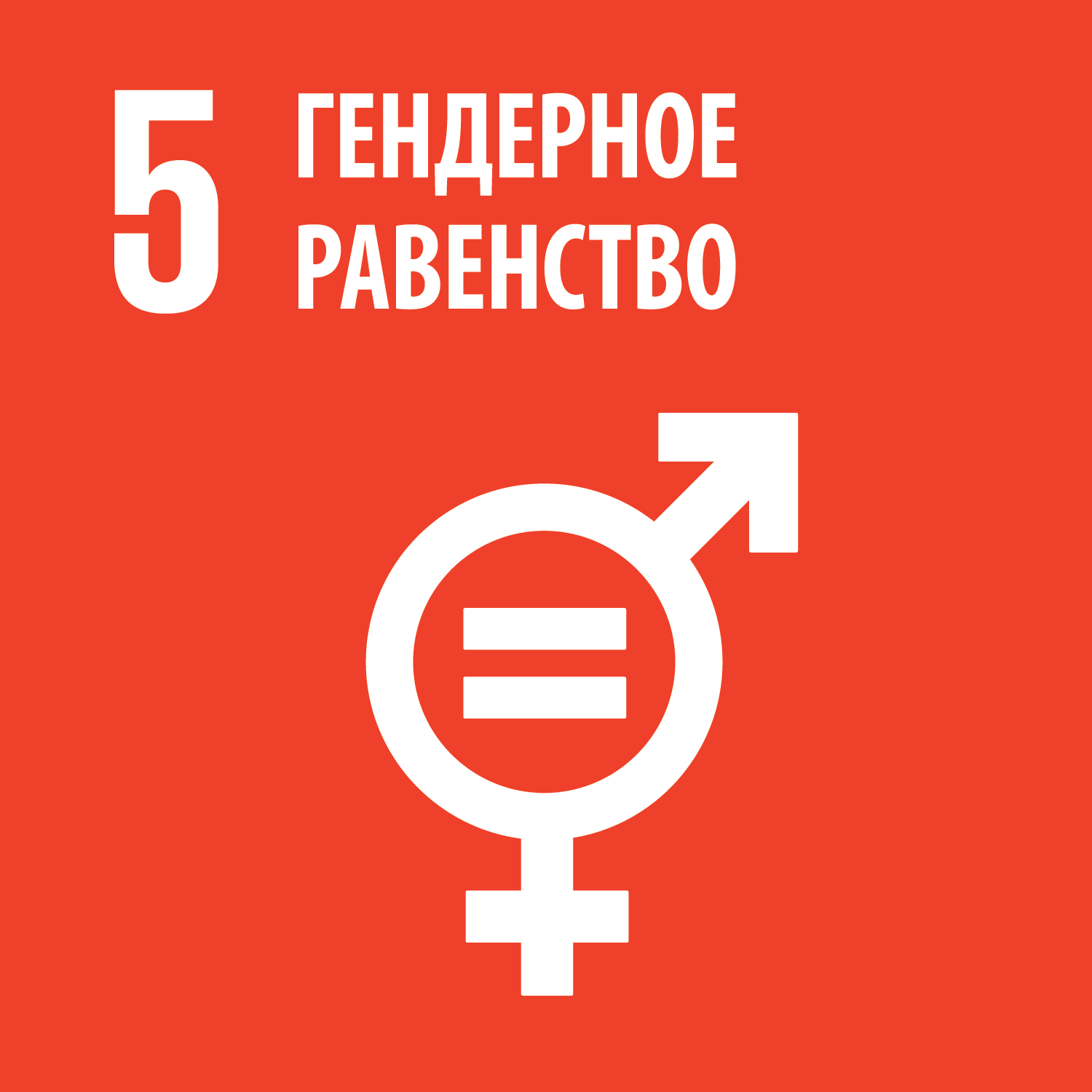40 healthcare workers from the city of Shymkent and Turkestan region, including physicians, psychologists and social workers, have completed a two-day virtual training in Kazakh, which equipped them with practical knowledge and expertise on how to provide critical medical support to GBV survivors
11-12 March, 2021 – KAZAKHSTAN - The President of the Republic of Kazakhstan and different Ministries have recognized the increase in GBV and the importance of adopting measures to prevent and respond to it. This is also reflected in numerous national strategies such as the 2030 Concept of Gender and Family Policy; the 100 Concrete Steps; the concept of Kazakhstan’s joining the 30 most developed nations and others.
In April 2020 Kazakhstan approved and adopted the first ever Clinical Protocol governing healthcare providers’ response to gender-based violence (GBV), developed by the Ministry of Health with UNFPA’s support. To help put the Protocol into practice, the Ministry of Health and UNFPA with support from the British Embassy in Nur-Sultan have developed an online course in Kazakh and Russian for Primary Health Care providers who are very often the “first point of contact” for GBV survivors.
One in three women worldwide experience physical or sexual violence, mostly by an intimate partner. In Kazakhstan, 17% of women aged 18–75 who have had or currently have a partner reported having repeatedly experienced physical or sexual violence, or both, by an intimate partner in their lifetime. Healthcare providers as well as social workers and the police play a key role in preventing violence and responding to it while working together.
Those working in hospital emergency departments may be the first to examine women injured by rape or domestic violence. Health workers visiting institutions such as prisons, mental hospitals and retirement homes may be the only source of outside help for victims of abuse.
“Violence against women and girls is a human rights violation, and the immediate and long-term physical, sexual, and mental consequences for women and girls can be devastating, including death. Violence negatively affects women’s general well-being and prevents them from fully participating in society. It impacts their families, their community, and the country at large. It has tremendous costs, from greater strains on healthcare to legal expenses and losses in productivity. Health workers are very often the first to come into contact with survivors of violence, therefore this online training is another step towards making sure that the health response to gender-based violence is rights-based and to the benefit of all GBV survivors,” said UNFPA Representative for Kazakhstan and Country Director for Kyrgyzstan and Turkmenistan Giulia Vallese.
The first cohort of 40 participants were selected from the Primary Health Care facilities of Shymkent and Turkestan region as these are the locations where UNFPA has conducted and piloted projects on multi-sectoral response to gender-based violence.
«In general, the Ministry of Health of the Republic of Kazakhstan supports the holding of online trainings on responding to gender-based violence as an urgent problem today. Violence against women and children is viewed as a private matter and goes unpunished. Therefore, preventing violence is imperative. It is educational trainings that help to resolve issues of interpersonal relations, to develop skills and abilities aimed at preventing violence,” said Rabiga Milibayeva, Chief Expert of the Department of Organization of the Medical Service of the Ministry of Health of the Republic of Kazakhstan.
“Addressing gender-based violence is a priority of the British Government’s Women, Peace & Security 2018-22 agenda. It also forms a key element of the UN Sustainable Development Goals. Unfortunately, the COVID-19 pandemic has worsened pre-existing gender inequalities, and has increased cases of domestic violence worldwide, including in Kazakhstan, as confirmed recently in the Rapid Gender Assessment conducted by UN Women and UNFPA. The Kazakhstan healthcare system is a key entry point, through which survivors of gender-based violence can be identified and supported. I am proud that the United Kingdom is supporting this project, delivered by UNFPA, which will respond to gender-based violence issues in Kazakhstan. The training the project gives for healthcare professionals will better equip them to provide effective services to survivors of gender-based violence”, said Mike Gifford, the British Ambassador to Kazakhstan.
For more information please contact Ms. Dina Teltayeva at teltayeva@unfpa.org or via tel.: +7701 7654010.



